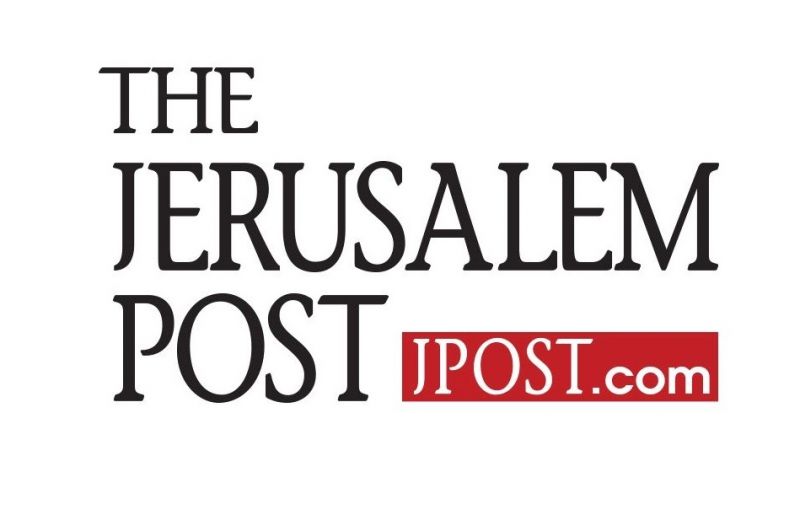 Op-eds
/ Israel and the Middle East
Op-eds
/ Israel and the Middle East
The adversarial US-Iranian relationship has many dimensions, including Syria, Yemen, the Gulf and terrorist financing. But the primary threat from Iran is nuclear. Prior to the Joint Comprehensive Plan of Action (JCPOA), American and Israeli security discourse centered on potential military strikes on Iranian facilities, and the large-scale escalation that could follow. That rhetoric has been scaled back, and Israeli security analysts no longer list a nuclear Iran as a top threat. Both the US and the International Atomic Energy Agency have repeatedly certified Iran’s compliance with the deal.
If Iran’s compliance continues, the deal serves the security interests of the US, Europe and Israel. More broadly, it contributes to global stability by strengthening the nonproliferation architecture and dissuading other countries from rushing toward a bomb. The deal does not rely on trusting Tehran: it significantly lengthens Iran’s potential breakout time, and provides increased visibility into its nuclear program. Under JCPOA conditions, it is easier for the US and its partners to respond to any serious violation, as it contains mechanisms for a coordinated global response.
This reality is clear, even to former critics of the deal. Trump’s bombastic rhetoric toward Iran is not backed up with fact: there is no case in which unilateral withdrawal serves US interests. If Trump withdraws, one of two scenarios would unfold: 1) The P5+1 and Iran continue to enforce the deal, marginalizing US influence. Absent a true Iranian violation, Europe would not follow a US exit, and the US would find itself with very little leverage to negotiate any future deal on Iran. 2) Iran also leaves, and the deal falls apart. Iran’s breakout time is reduced, and international inspectors are barred from facilities. The nuclear threat re-emerges as a primary global security concern, and policymakers again prepare for worst-case military scenarios.
Trump’s motivations are unclear.
JCPOA withdrawal may be part of his quest to erase the legacies of the Obama administration, whatever their merits.
The second option is that this is a strategic decision, to create a credible threat of leaving to pressure Iran to fold to US pressure on another issue (such as ballistic missiles). Pressure could take the form of additional sanctions, threats to leave, and dissuading American and European companies from developing business ties with Iran, as Trump is reportedly already doing.
Policy “wins” are in short supply for the Trump administration, and in this case, a “win” is the ability to say that he pushed Iran into a better deal. This approach has some potential, and an inherent cost.
The potential rests on Iran’s President Hassan Rouhani, who was just reelected on a platform of engagement with the West. Unlike his conservative competitors, Rouhani’s personal legacy is tied to the nuclear deal, and if any Iranian president can lobby Ayatollah Khamenei to accept additional restrictions, it is him.
But putting the JCPOA on the line risks nuclear security progress for an unclear end. Trump’s vision of a “better” deal might include only a minor change to the JCPOA, or symbolic concession on Iran’s regional activities. Is there a potential gain that is worth the risk to the nuclear deal, and the harm to American diplomatic credibility? While the US certified Iran’s compliance in July, Trump said that he expects Iran to be declared noncompliant at the next 90-day review, and that “if it was up to me, I would have had them noncompliant 180 days ago.” Trump has reportedly tasked White House staffers with preparing for a noncompliance possibility.
Preparing for contingencies is the job of a president. But predicting noncompliance without evidence of a meaningful violation is wrong and dangerous.
Leaving, or threatening to leave the JCPOA weakens the image of the US as a power that stands by its agreements. This has long-term implications for American diplomacy, and short-term costs for our ability to use diplomacy to constrain Iran on other issues. Confronting Iran’s destabilizing activities – without sacrificing the progress of the nuclear deal – is one of the great policy challenges of our time.
By threatening to leave, Trump is risking a great deal of global stability for very little gain.


